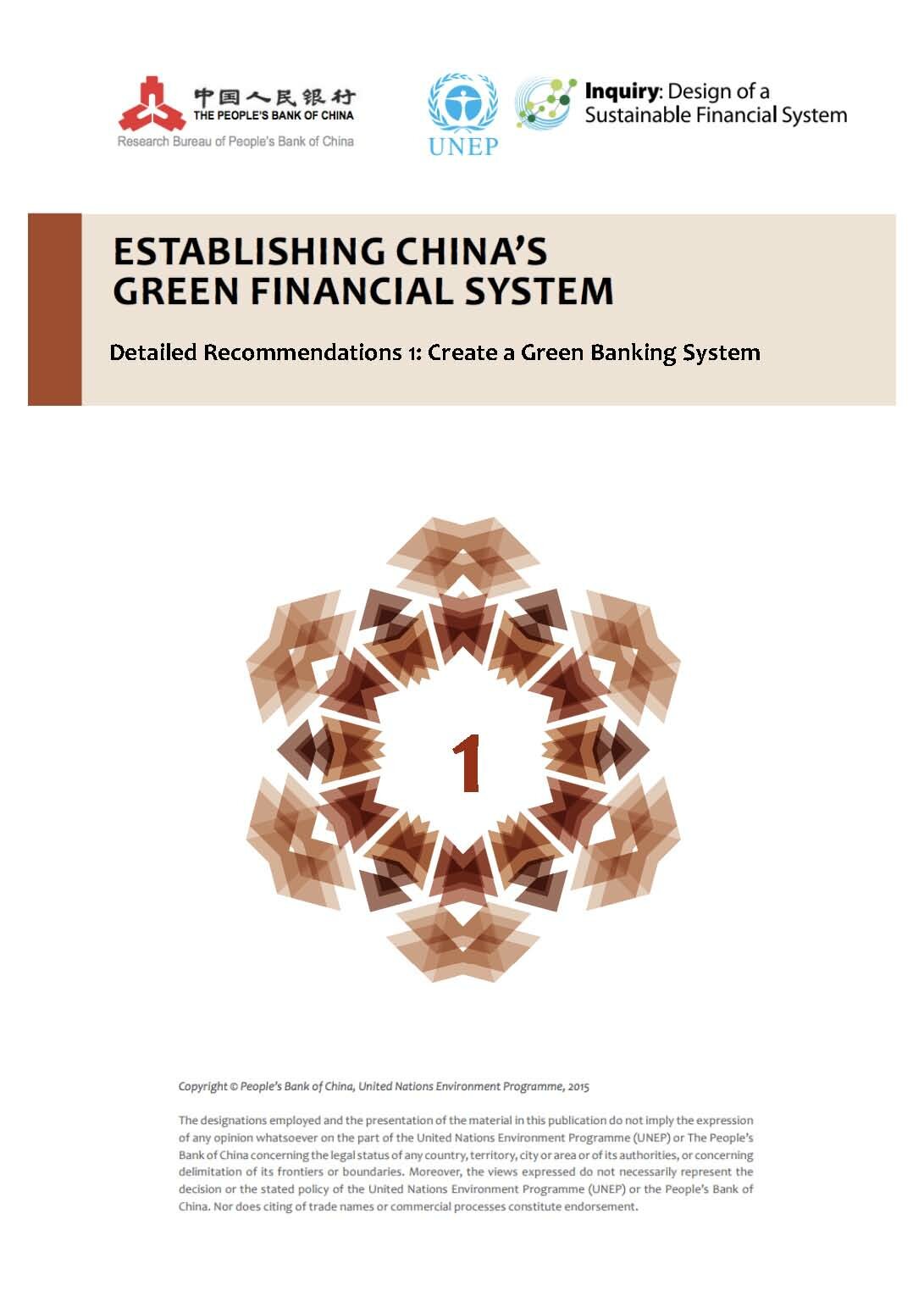Policy Lever: Enhancing Market Practice
Examples
Key approaches include:- Fiduciary duty and capacity: clarifying that duties to clients include sustainability factors and including requirements for knowledge and training on sustainability for fiduciaries.
- Incentives: Encouraging asset owners to ensure better alignment of incentives along the investment chain.
- Prudential risk management regulation: Integrating sustainability into guidance & requirements on risk management and controls.
- Stress tests: Developing scenarios to test impact of environmental shocks on assets and business models.
- Capital requirements: Calibrating capital requirements to incorporate environmental factors.
- Disclosure requirements: Making environmental reporting by financial institutions and non-financial corporations mandatory.
- Equity analysis: Encouraging greater transparency in equity analysis of incorporation of sustainability factors.
- Credit ratings: Encouraging the integration of sustainability risk factors into credit analysis.
- Green assets Adjusting standards and rules to facilitate capital raising (e.g. green bonds, green sukuks, green IPOs, yieldcos).
- Indexes: Ensuring that benchmarks and indices reflect critical sustainability factors.
Impacts
These measures provide critical foundations of information needed to sensitise financial decision making to environmental impacts and risks, but they are likely to have a modest impact unless they are combined with additional shifts that make these risks financially material.Inquiry Publications

With the initial progress of China’s green finance market, some lessons are emerging that are useful both for the further development of the green finance system and for other emerging market countries embarking on green finance development. Strategic political commitment has been the key driver for China’s development of green finance, but translating this into

This paper sets out the case for establishing a green banking system in China. It recommends the establishment of a system of green banks empowered to fully leverage their expertise, scale, and risk management to manage green loans and investments. A China Ecological Development Bank should be established in which the government does not have to have a

In recent years, financial market policy-makers and regulators in China have shown leadership in advancing their roles in creating a green financial system. However, the impacts to date have been constrained by countervailing forces. In particular, the performance criteria on which local government officials are assessed still prioritizes economic growth over environmental compliance. The positive